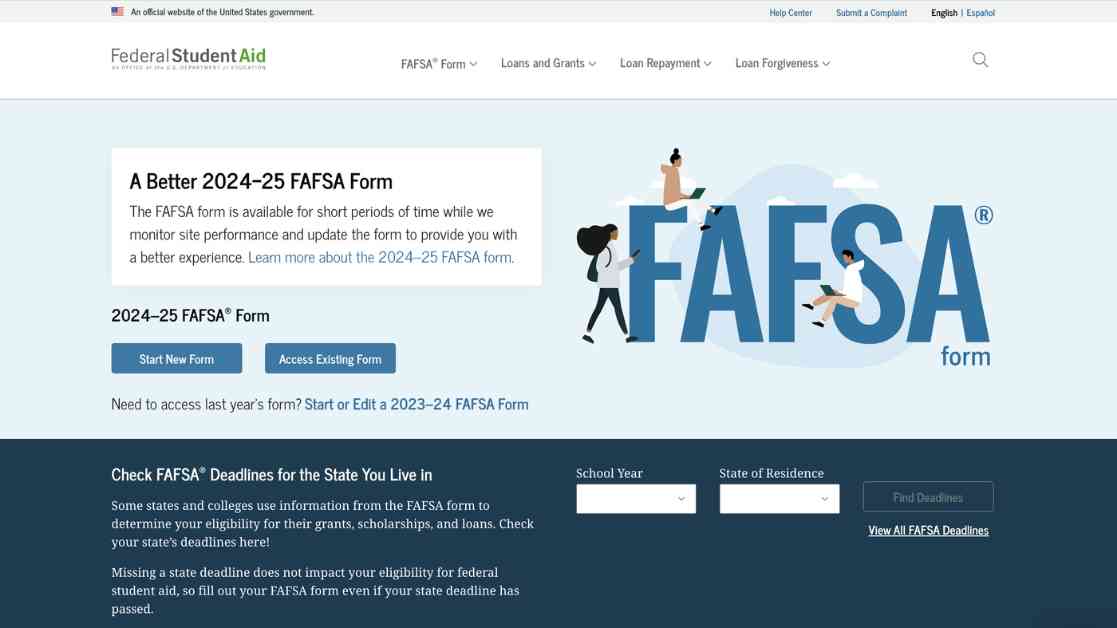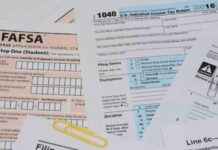The Department of Education has announced another delay in rolling out the updated federal financial aid application, FAFSA. This new version of the Free Application for Federal Student Aid will now be tested among a limited group of students and institutions starting in October, with a public release scheduled for December.
Typically, the FAFSA form is available in October for students to complete for the upcoming academic year. However, last year’s form for the 2024-2025 cycle was also delayed until December due to technology updates mandated by Congress. This delay caused a $1.8 billion deficit in available aid as families’ incomes were not adjusted for inflation.
During the last cycle, students’ data were not processed by colleges and universities until March, leading to delayed financial aid offers in April. In response to these challenges, U.S. Secretary of Education Miguel Cardona stated that the Department has made significant changes to leadership and operations at Federal Student Aid to improve the FAFSA experience.
Throughout the testing process, the Department of Education has pledged to keep students informed of any updates. This new approach aims to address the issues faced during the previous FAFSA cycle and provide a smoother application process for students, families, and higher education institutions.
In addition to the delays in the FAFSA rollout, it is essential for students to stay informed and prepared for the upcoming application cycle. Understanding the changes to the FAFSA form, including any updates or new requirements, can help students navigate the financial aid process more effectively.
Furthermore, students should explore other financial aid options and scholarship opportunities to supplement their federal aid. Researching and applying for scholarships early can help students secure additional funding for their education and reduce reliance on student loans.
By staying proactive and informed about the FAFSA application process and exploring alternative financial aid sources, students can better prepare for the upcoming academic year and alleviate some of the financial burdens associated with higher education.






